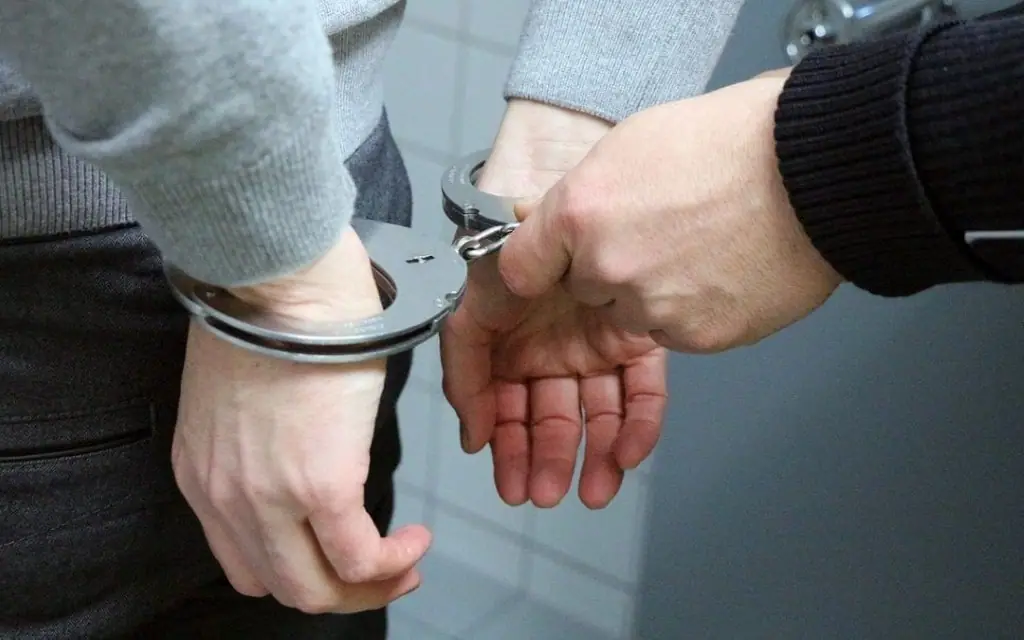Parole and probation are two integral components of the criminal justice system, designed to facilitate the rehabilitation and reintegration of offenders into society while ensuring public safety. In this article, we will delve into the specifics of parole and probation, their differences, and how they function in criminal cases.
Parole vs. Probation: Understanding the Basics
Parole: A Second Chance
Parole is a conditional release from prison before an offender’s sentence is complete. It’s granted by a parole board after a thorough review of the individual’s case. Those on parole must adhere to certain conditions, such as regular check-ins with a parole officer, maintaining employment, and refraining from criminal activities. The primary goal of parole is to provide individuals with an opportunity to reintegrate into society while under supervision.
Probation: A Sentence Alternative
Probation, on the other hand, is an alternative to incarceration. Offenders on probation are allowed to remain in the community but are required to meet specific conditions, such as drug testing, attending counseling, or performing community service. Probation is typically part of an offender’s sentence and is designed to monitor their behavior and ensure compliance with the law.
Key Differences Between Parole and Probation
While parole and probation both serve as alternatives to incarceration, they have distinct differences:
- Timing of Release
- Parole: Granted after a portion of a prison sentence has been served.
- Probation: Given in lieu of a prison sentence or after a short jail term.
- Eligibility
- Parole: Typically available to individuals who have already served a portion of their prison sentence.
- Probation: An option for first-time or non-violent offenders, often at the discretion of the judge.
- Supervision
- Parole: Supervision is more intensive, involving regular meetings with a parole officer.
- Probation: Supervision is less intensive but still includes monitoring and compliance with conditions.
- Purpose
- Parole: Aims to reintegrate individuals into society and assess their readiness to do so.
- Probation: Aims to provide an alternative to incarceration while ensuring compliance with specific conditions.
- Can an offender be on parole and probation simultaneously?No, an offender cannot be on parole and probation at the same time. Parole is a post-incarceration program, while probation is an alternative to incarceration or a shorter jail term. However, an offender may transition from parole to probation if deemed appropriate.
- What conditions are typically imposed on parolees and probationers?Conditions vary but commonly include maintaining employment, refraining from alcohol or drug use, undergoing drug testing, attending counseling or therapy, and not committing new crimes.
- What happens if a parolee or probationer violates their conditions?If an individual on parole or probation violates their conditions, they may face consequences, including revocation. Revocation can result in returning to prison or jail, additional fines, or more stringent conditions.
- Who decides whether an offender is granted parole or probation?Parole decisions are typically made by a parole board, while probation decisions are made by judges. These decisions are based on various factors, including the nature of the offense, the offender’s criminal history, and their potential for rehabilitation.
Conclusion
Parole and probation are essential components of the criminal justice system, providing alternatives to incarceration and opportunities for rehabilitation. While they serve similar purposes, they differ in their timing, eligibility, and levels of supervision. Both are designed to balance the rehabilitation of offenders with safeguarding public safety, and understanding the distinctions between them is crucial for those navigating the criminal justice system. Whether it’s offering a second chance to those who have served time or providing an alternative to jail for first-time offenders, parole and probation play vital roles in shaping the futures of those entangled in the criminal justice system.







